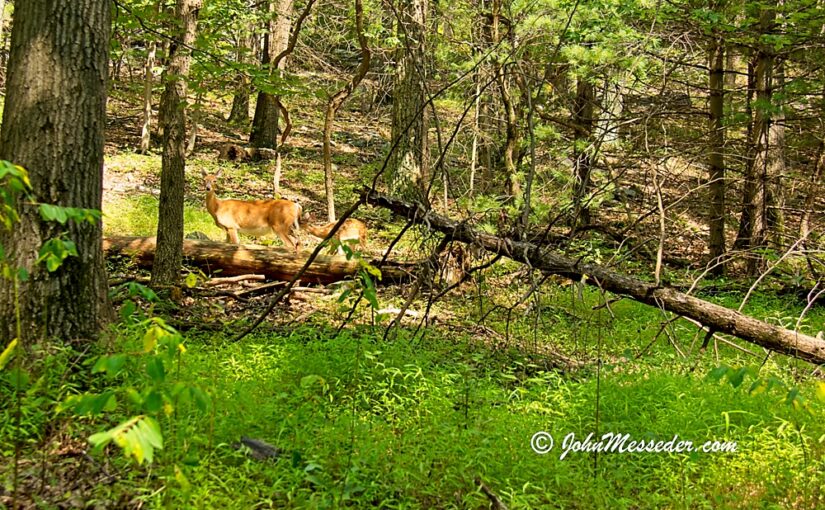Most of the men – and they were mostly men – I looked up to back in the day have turned out to be racist. Or misogynistic. Or both.
George Washington, for instance, was the Father of Our Country, though I was suspicious even then of the story about him being unable to lie? I know no young person who could not, when pressed, cultivate an untruth to some degree.
Thomas Jefferson wrote the Declaration of Independence (turns out he had some help). I loved his supporting freedom of speech and press, and equality of “all men.” A bit later, I learned “men” didn’t count women or slaves.
Slavery was deeply entrenched in the embryo of the gestating nation, well before the “first permanent English settlement” took root in Jamestown, VA. Learned it was a Southern illness (it was not solely Southern) and had been eradicated by Abraham Lincoln (it had not).
I don’t recall my U.S. History class ever mentioning that Washington and Jefferson were slave owners.
My favorite hiker and conservationist, John Muir, also was a racist. He prompted his friend, Pres. Theodore Roosevelt to create the national park system, but his conversation, we now learn, was seasoned liberally with denigrating characterizations of Native Americans and Black people.
There have been calls to erase him from our history books and sandblast his name from the leader board of his beloved Sierra Club – one of the nation’s strongest conservation organizations. The justifiable quest to right the wrongs of our past would have him piled onto the scrap pile of history along with several other notables who took a strong hand in creating the nation we now enjoy.
In applying 2023 moral standards to transgressions of our past, we fail to recognize how such admittedly xenophobic practices came to be. Hint: they were brought here by White Europeans who named and developed the future United States of America, a moniker which itself proclaims the imagined superiority of its founders and pretends that populations of previous inhabitants were not already in place.
John Muir, like Thomas Jefferson and George Washington, was both a product and a maker of his time. Our nation, as we know it, was established primarily by white Europeans and when they said “all men are created equal,” they meant, literally, “all white men.” Any among them who chose to promote a different standard were treated harshly by the majority, who at least pretended to go along because, in today’s vernacular, “It is what it is.”
Which is not to justify our xenophobic past. We all are at the leading edge of what former Sierra Club Executive Director Michael Brune once blogged “complex history.” Snuggled between the mea culpa and the recognition of “significant and immeasurable harm” caused by Muir and others of his era, there is an almost whispered recognition that Muir’s “views evolved later in his life.”
Most of us modify our views as we age, some of us creating new standards and some of conforming to them.
We are not to blame for the sins of our ancestors unless we insist on continuing them. We stand on the shoulders of people such as Muir, Audubon, Roosevelt, and former Pennsylvania governor Gifford Pinchot, as shaky as they sometimes feel beneath our feet. Without them and others like them, we would not have wild places to visit while it keeps our planet alive.
In 2016, National Public Radio reported, quoting a survey commissioned by the National Parks Service, that of its millions of the service’s 327.5 million recreation visits reported in 2019 –only about 7 percent were African American. It is a legacy we all must repair.
We must acknowledge that our ancestors believed and did things we now understand were atrocities. But we must be careful, while pulling the weeds of past social ills, to protect the life-giving gardens and keep them accessible to all our citizens.

Yet another goid read, my friend!
I presume that’s “good read.” Thanks. I appreciate the compliment.
In total agreement with the argument that times change and attitudes change and morals change and the law changes and evolves.
A corollary of course is that some of the changes will be in the wrong direction, that is that in the future we may well move backwards from current viewpoints.
I agree, and in some ways we may be in a backward move now. Our history — human history — is a constant pattern of two steps forward, one step back.